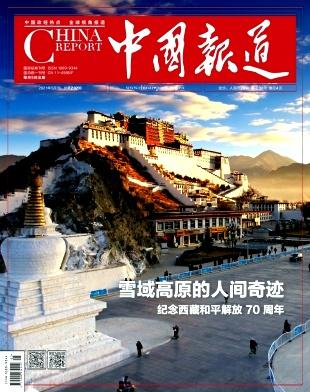培育焦虑艺术:中国的证券化文化
IF 0.7
Q3 AREA STUDIES
引用次数: 0
摘要
全球化的深化以及自由信息和思想在世界范围内的普及,引起了共产主义中国政治领导层对政权稳定和国家意识形态正统性可持续性的担忧。因此,国家加强对公共传播的控制,以减少国内批评和偶尔的公众不满,在文化安全作为一种非传统安全问题方面,这种做法正在被框定和合法化。 该研究的重点是国家在政治和体制议程以及媒体中的文化安全相关和适用的战略。此外,该研究还追溯了国家在公民和非政府部门、宗教和少数民族政策、文学、电影和视听部门领域的文化安全政策。研究结果评估了人们的担忧,即智力上不合时宜、自我约束和国际敌对的政策贬低了中国的文化潜力和复杂性。本文章由计算机程序翻译,如有差异,请以英文原文为准。
Cultivating the Art of Anxiety: Securitising Culture in China
Deepening globalisation and worldwide availability of free information and ideas raise concerns of the communist China’s political leadership about the stability of the regime and the sustainability of the state ideological orthodoxy. Therefore, the state’s tightening control of the public communication to curtail the domestic criticism and occasional public discontent is becoming framed and legitimised in terms of cultural security as a non-traditional security concern. This study argues that the restrictive impacts of the politicisation of culture in the centralised agenda of President Xi Jinping reinvigorate China’s anti-Western narratives and attitudes. The research focuses on the state’s cultural security-related and applicable strategy in the political and institutional agenda and media. Moreover, the study also traces the state cultural security policy in the field of the civic and non-governmental sector, religious and ethnic minorities policy, literature, film and audiovisual sectors. The findings assess the concern that the intellectually anachronistic, self-restraining and internationally hostile policy devaluates China’s cultural potential and complexity.
求助全文
通过发布文献求助,成功后即可免费获取论文全文。
去求助
来源期刊

中国报道
AREA STUDIES-
CiteScore
1.70
自引率
0.00%
发文量
9353
期刊介绍:
China Report promotes the free expression and discussion of different ideas, approaches and viewpoints which assist a better understanding of China and its East Asian neighbours. A quarterly journal of the Institute of Chinese Studies, it attempts to provide a fresh approach which goes beyond the strictly utilitarian area studies without becoming antiquarian. Launched in 1964, China Report has, over the years, widened its interests and aims and transformed itself into a scholarly journal that seeks a better understanding of China and its East Asian neighbours - particularly their cultures, their development and their relations with China. It is an indispensable source of information on China, its society and culture.
 求助内容:
求助内容: 应助结果提醒方式:
应助结果提醒方式:


